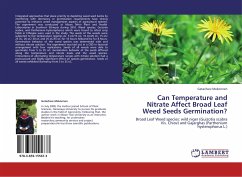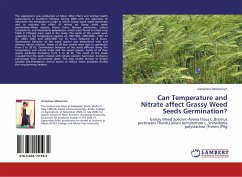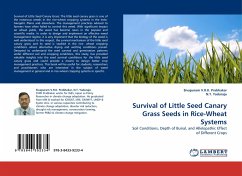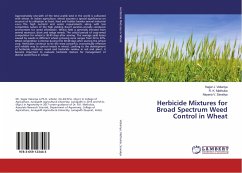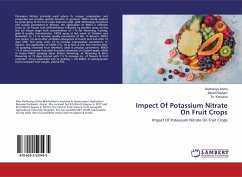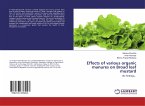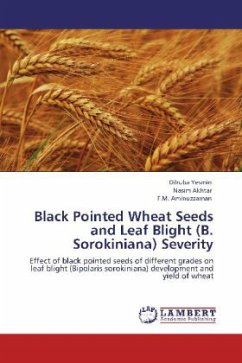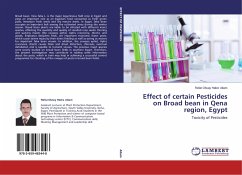Integrated approaches that place priority to depleting weed seed banks by interfering with dormancy or germination requirements have strong potential to enhance weed management aspects of agricultural systems. The experiment was conducted at Mizan Teferi Plant and Health Laboratories in Southern Ethiopia during 2010. Weed species, Guizotia scabra, and Parthenium hysterophorus which were found to infest crop fields in Ethiopia were used in the study. The seeds of the weeds were subjected to five temperature regimes viz. 5 oC/15 oC, 10 oC/20 oC, 15 oC/ 25 oC, 20 oC/ 30 oC and 25 oC/35 oC for 16 hours followed by for 8 hours. Germination behavior of the weed species was determined with and without nitrate solution. The experiment was laid out in a CRD in factorial arrangement with four replications. Seeds of all weeds were able to germinate from 5 to 35 oC. Germination behavior of the seeds differed along the temperature and nitrate levels and the weed species. Interactions of alternating temperature ranges with nitrate solution had a pronounced and highly significant effect on species germination. Seeds of all weeds exhibited dormancy from 5 to 35 oC.
Bitte wählen Sie Ihr Anliegen aus.
Rechnungen
Retourenschein anfordern
Bestellstatus
Storno

